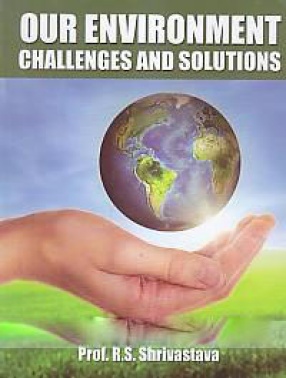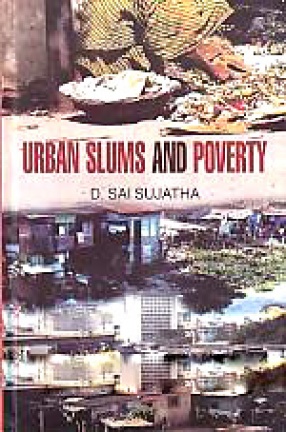The co-operation of developing countries is commonly assumed to be essential for the establishment of effective regimes to manage global environmental interdependence. Yet their policies and perceptions have been inadequately studied. This book seeks to partially fill this gap in the literature with a detailed analysis of Indian policy on global environmental issues. It examines the cases of ozone depletion, climate change, and loss of biodiversity, and discusses developments upto the 1992 Rio Earth Summit. The Indian case suggests that developing countries did not regard their co-operation in the resolution of global environmental issues purely as bargaining chips with which to extract concessions from the north. Still less did they perceive these issues as providing an opportunity to pose a macro-challenge to the north, linking agendas across issue areas. Instead, their goals reflect perceptions of constraints and mutual interests in bargaining with the north. Their bargaining strategy thus tended to be moderate and flexible, unlike the confrontational approach of the 1970s. This book provides the first comprehensive and detailed study of Indian policy in the run-up to the Rio Summit. It provides a wealth of information on India’s foreign environmental policy, and environmental policy-making in general. With its insights into north-south diplomacy to resolve global environmental problems, this book should also serve as a very useful reference work for all students of international relations.

Global Environmental Politics
In stock
Free & Quick Delivery Worldwide
reviews
Bibliographic information
Title
Global Environmental Politics
Author
Edition
1st ed.
Publisher
ISBN
0195640489
Length
xvi+330p., 23cm.
Subjects




There are no reviews yet.